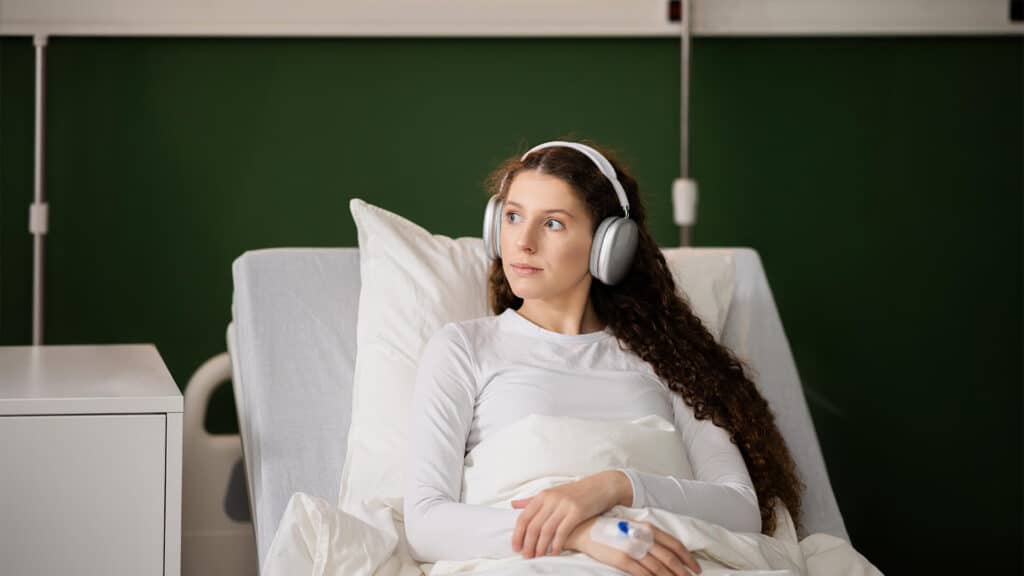At Mansfield High School in Ohio, students are now learning something not typically found in textbooks: how to get a good night’s sleep. The new curriculum, introduced as part of a state-mandated health class, aims to teach teens the fundamentals of healthy sleep habits, according to the Associated Press.
“It might sound odd to say that kids in high school have to learn the skills to sleep,” said Tony Davis, a health teacher at Mansfield. “But you’d be shocked how many just don’t know how to sleep.”
Between late-night texting and endless scrolling on social media, many teenagers aren’t getting the rest they need. Recent studies show today’s teens are experiencing more sleepless nights than previous generations—a trend with serious consequences.
Medical experts warn that chronic sleep deprivation in adolescents can lead to mental health issues, behavioral problems, and poor attendance at school. Biology plays a role, too: during puberty, teens’ circadian rhythms shift, making it harder for them to fall asleep early.
Doctors recommend teenagers get eight to 10 hours of sleep per night to support healthy brain and body development. But according to the Centers for Disease Control and Prevention, nearly 80 percent of teens average just six hours a night. NBC News reports that this shortfall has been linked to elevated risks of high blood pressure in teens.
“We usually target things like diet and exercise,” said Dr. Amy Kogon, an assistant professor at the University of Pennsylvania Perelman School of Medicine. “This is another thing parents might want to think about, particularly if the child has high blood pressure.”
Sleep researchers at Stanford University’s Graduate School of Education stress the importance of bedtime routines. That includes removing devices at night and helping teens develop consistent wind-down habits to ease into sleep. As the science becomes harder to ignore, schools like Mansfield are stepping in—treating sleep not just as a personal issue, but a public health priority.











